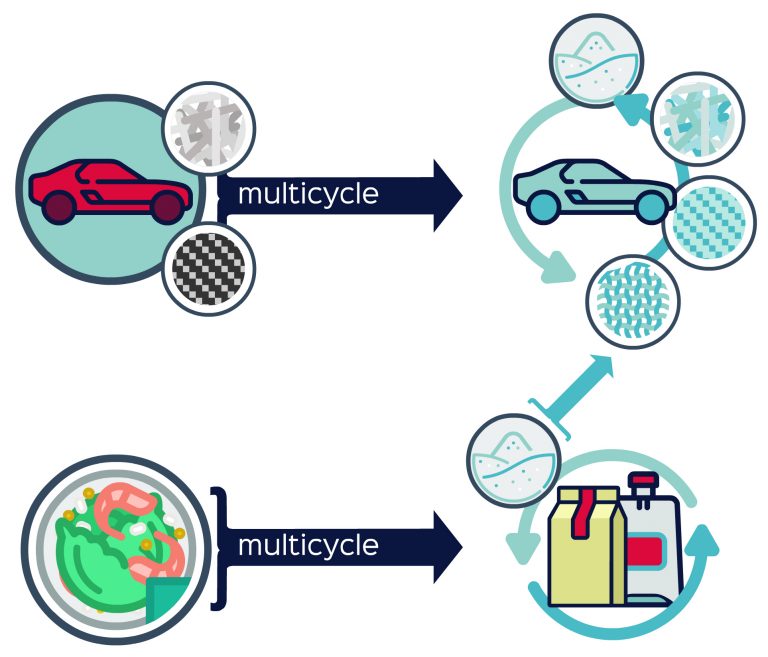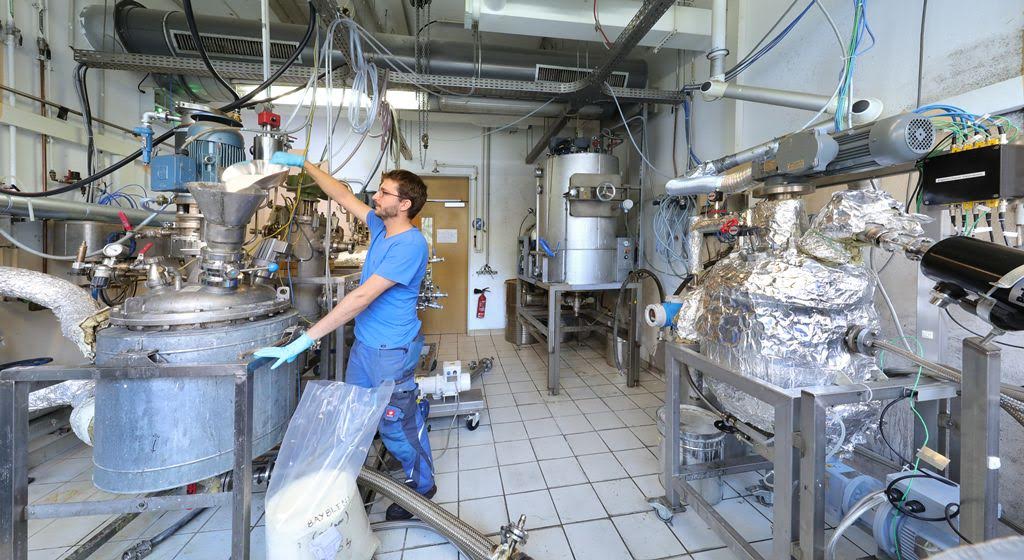MultiCycle’s 12-month meeting provided a sub-set of the MultiCycle participants with the valuable opportunity of visiting Spain’s most modern packaging sorting plant (of 95 in the country).
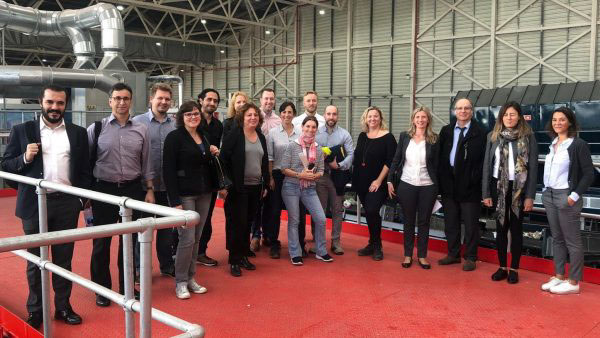
Located in Benidorm, the facility re-opened three month ago after substantial refurbishment. It sorts seven fractions based on a tailored combination of technologies including a preliminary stage of sieving to avoid the presence of organic material, following by ballistic, magnetic and eddy current and optical technologies as well as final manual quality control.
Among the different fractions, a special emphasis was placed on the flexible packaging which is core for MultiCycle. The partners were able to compare the Spanish case with other countries, which may have different number of fractions separated, and also sometimes films separated by type at the sorter level, and how this variability could influence the applicability of the process developed in the project.
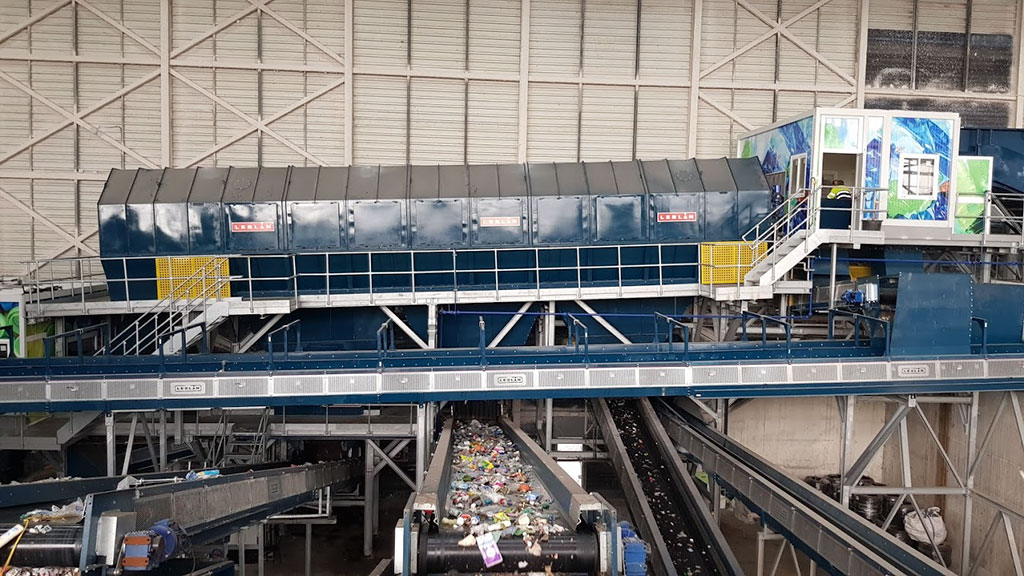
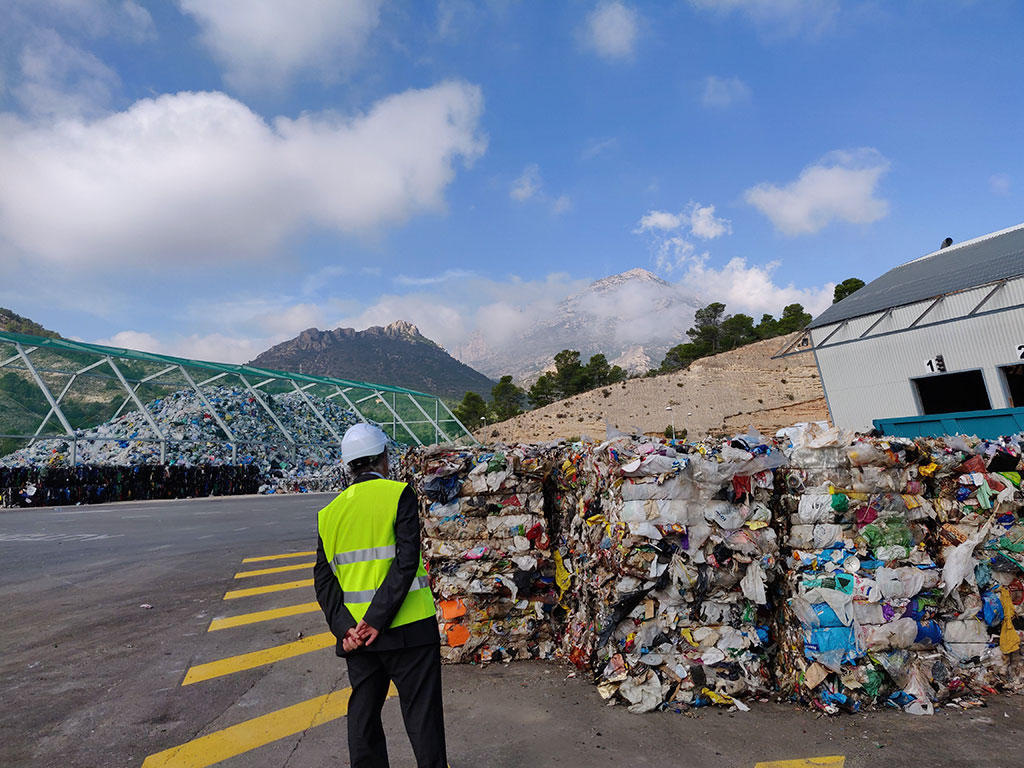
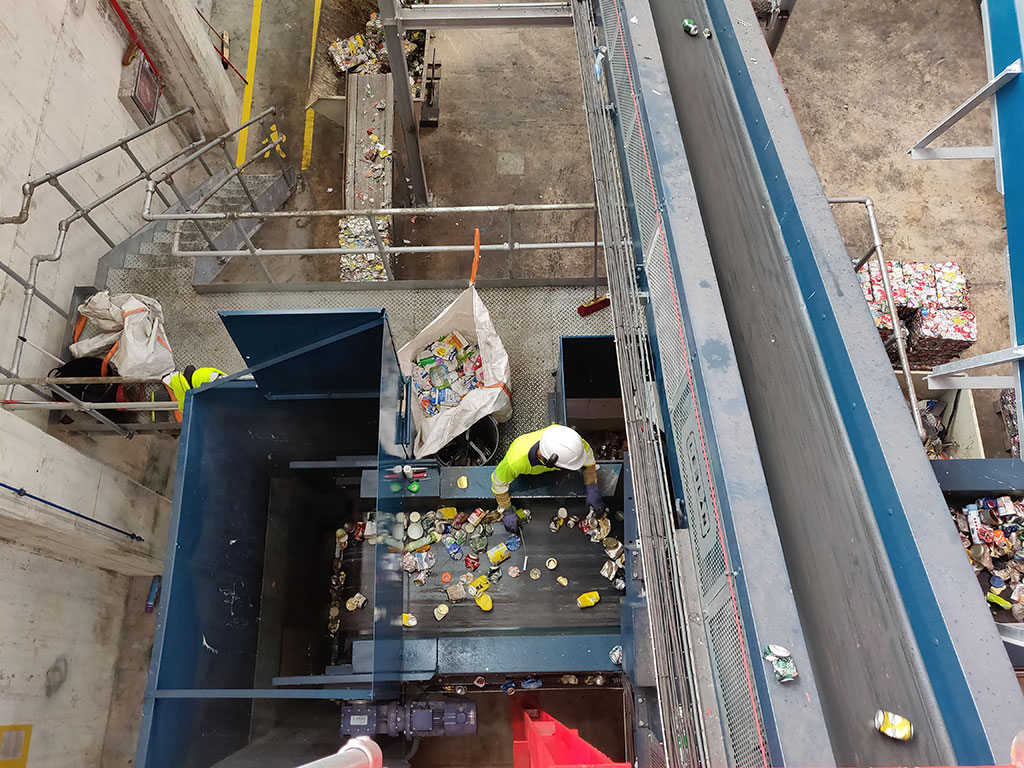
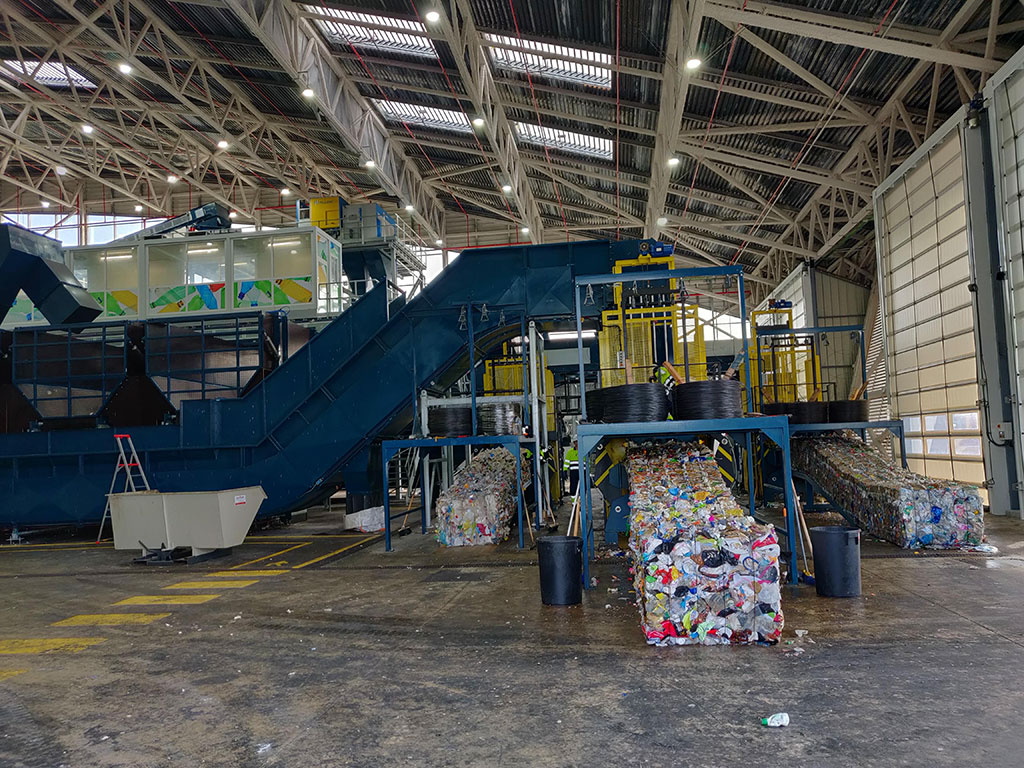
In Spain, this sub-sorting is mainly done by recyclers in their own facilities and not directly in the sorting plants. Efforts to minimise refuse that would end up in landfill or incineration (especially as energy valorisation is not acknowledged as a recycling option) were also discussed, as well as potential new incentives that could arise when the EU legislation is enforced in more details nationally. It is expected that this visit, kindly organised with support from Ecoembes, the Spanish company in charge of the management of the household packaging, will act as a seed for further collaboration.
At the same time, a second group of MultiCycle delegates were being brought face to face with the practicalities of achieving materials recovery in the end of life phase of motor vehicles, courtesy of a visit to GBP Metals Group’s Xàtiva facility.
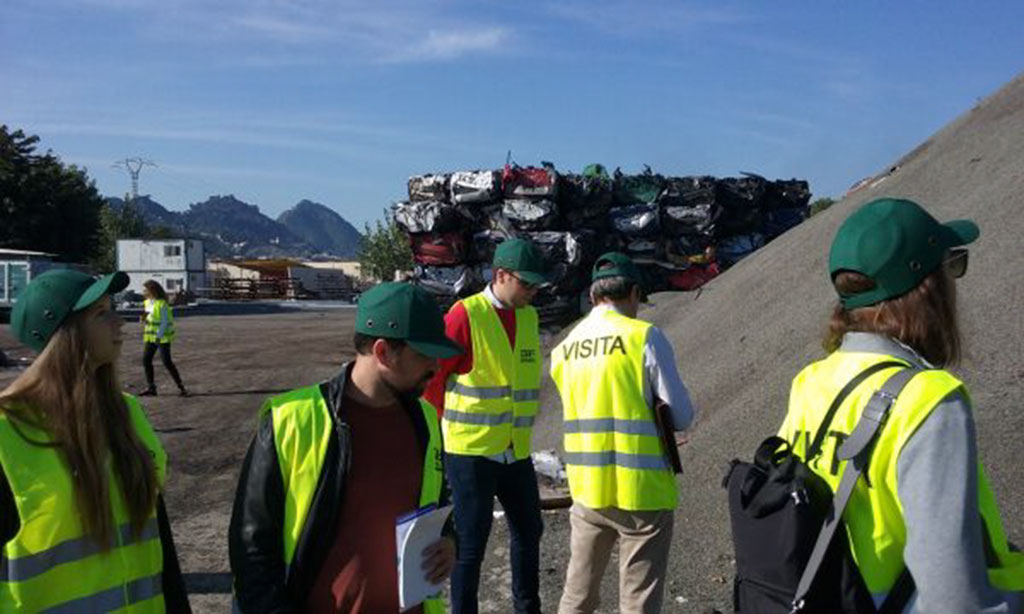
Here incoming end of life vehicles are carefully taken through a series of mechanical and chemical treatment and classification stages (fragmentation, cutting, crushing, shearing, manual separation, densimetric tables, flotation, induction currents, magnetization) in order to classify a range of material fractions of recoverable value, and facilitate onward transportation for further purification and ultimate reuse in the manufacture of further cycles of products. Whilst this is a well-established system for the recovery of ferrous and non-ferrous metals from the automotive cycle, the trend towards lighter vehicles, in which plastics substitute increasingly for metals in various aspects of vehicular construction and design, presents recyclers with a challenge, despite the undoubted environmental positive benefits of improved fuel economy during the use phase of the vehicle’s life cycle. Currently there is very little value obtainable for low quality/purity mechanically recovered plastics and therefore the best available options for the plastics-rich streams isolated during the materials recovery process are either (as is the case in Spain) responsible disposal to landfill or (in other parts of the EU with the relevant infrastructure) incineration with energy recovery.
The significant costs of landfill disposal on the one hand, and the limitations on thermal energy recovery as an option (for chlorinated polymers especially) makes neither of these options sustainable in the long term. There is an opportunity here for a positive contribution from the MultiCycle technology, which can be applied to problematic mixed plastic/plastic/metals fractions, separating these into mono-streams of optimized value. Given the high volume nature of vehicle production and disposal, the EU-wide opportunity is substantial.
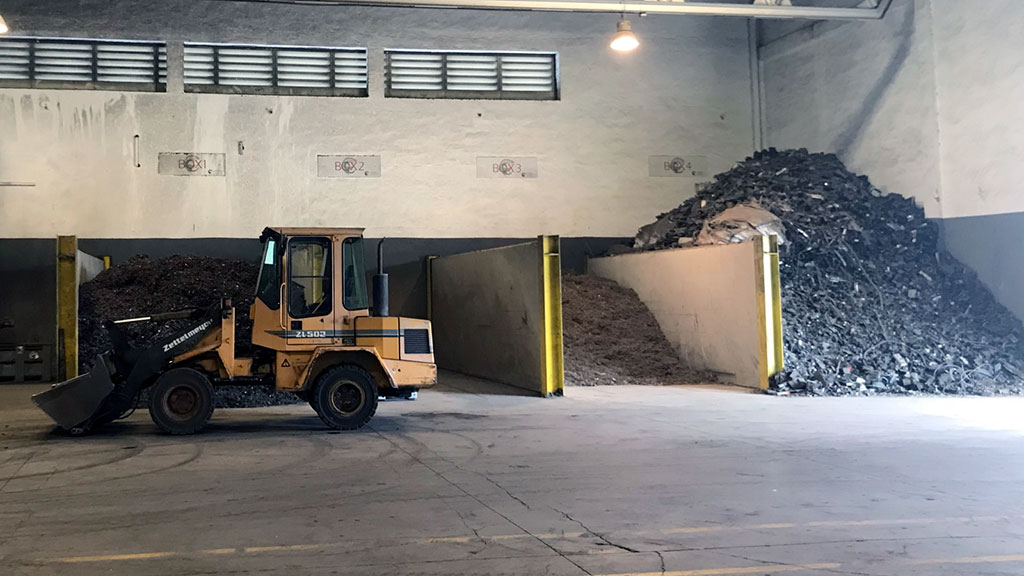
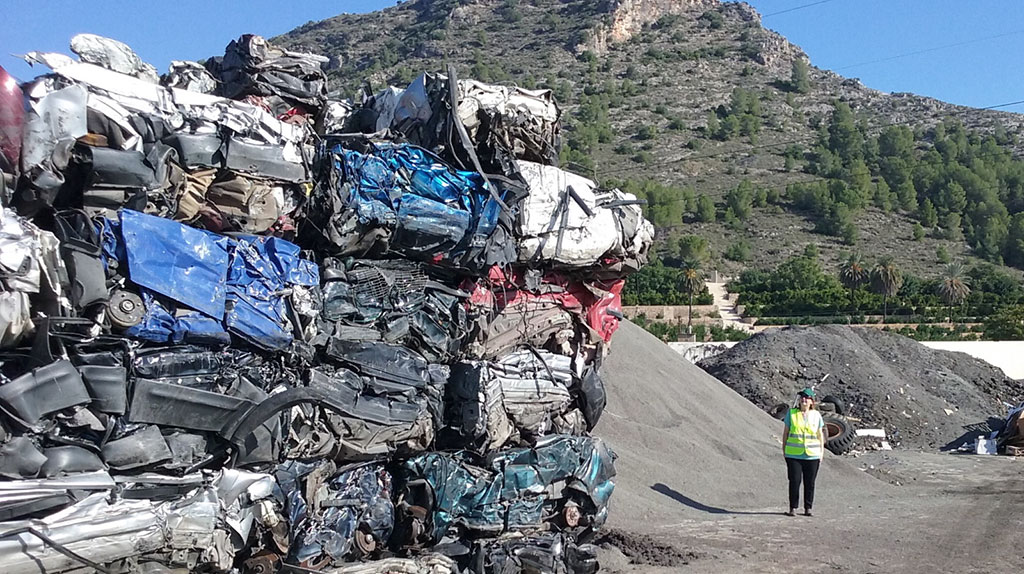
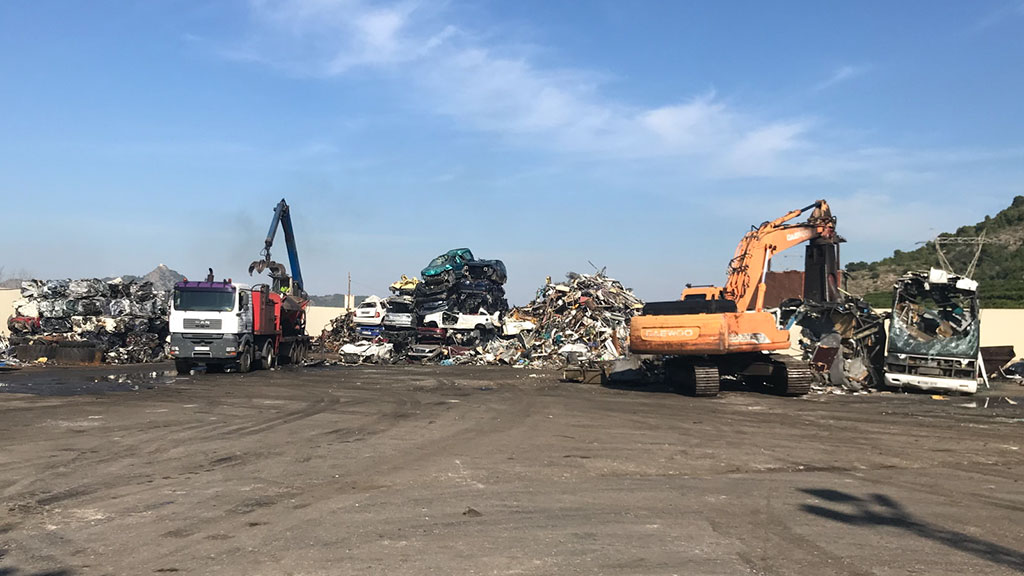
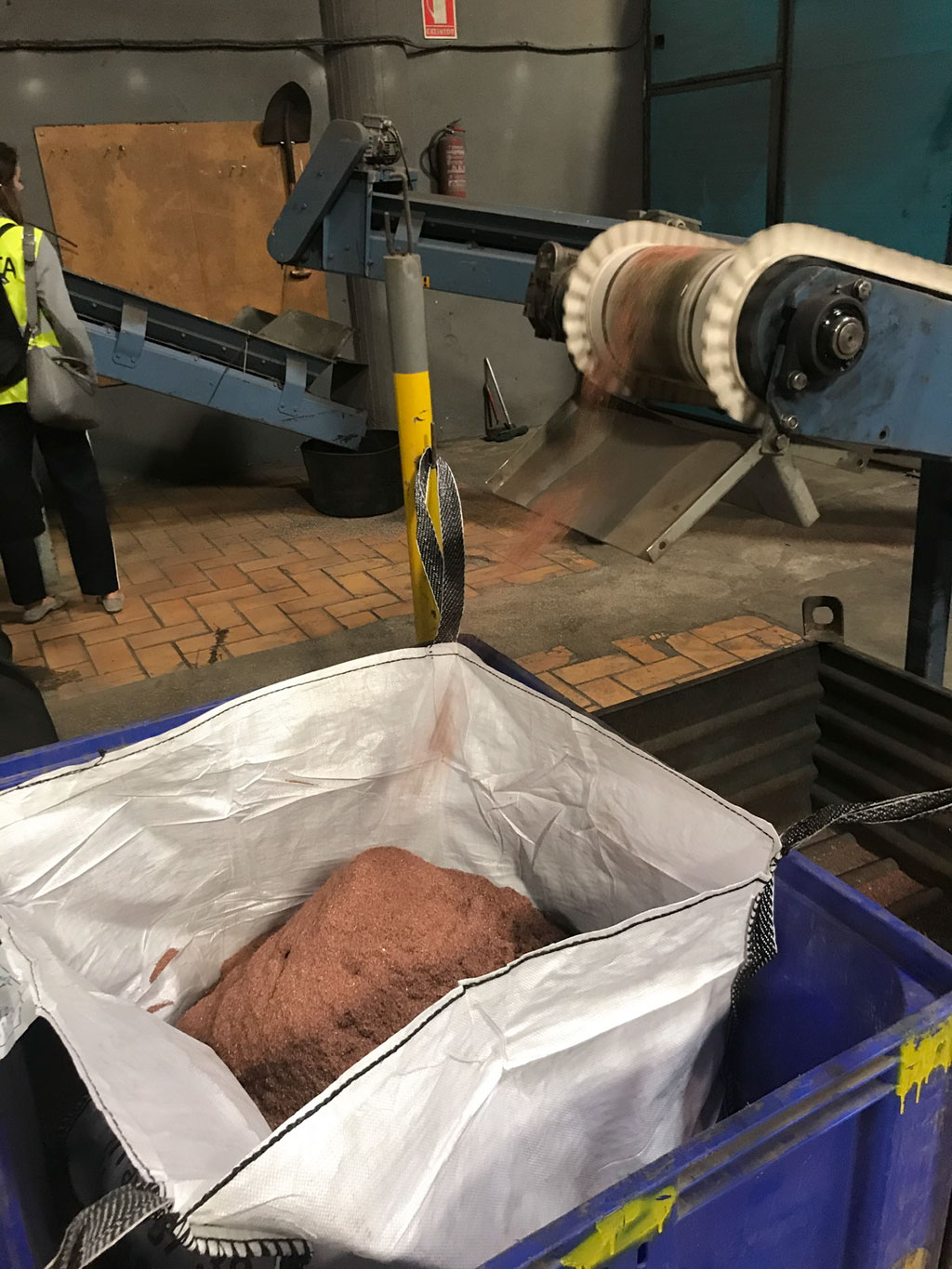
Photo Credits: Elodie Bugnicourt, John Henderson, Luis Hoffmann, Jenny Rainbird, and Birgit Stubbe
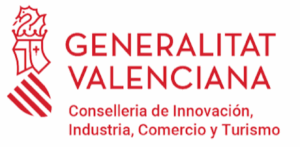
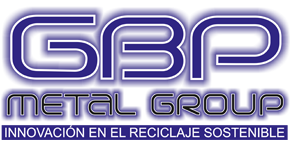

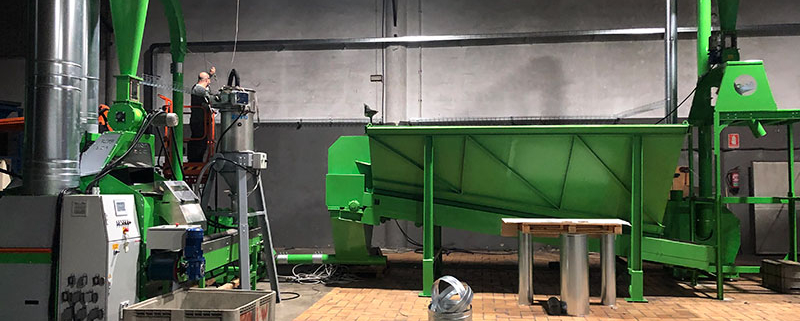
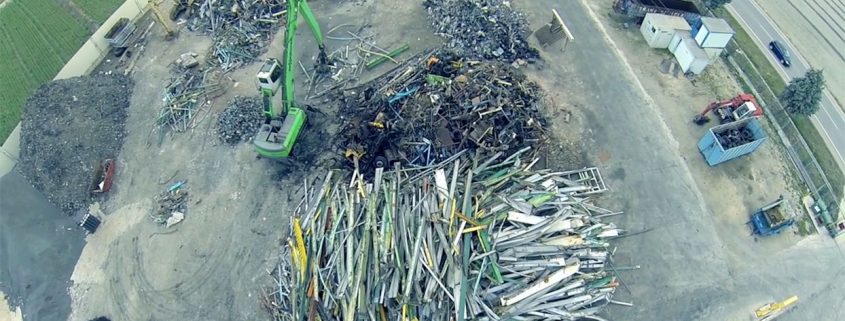
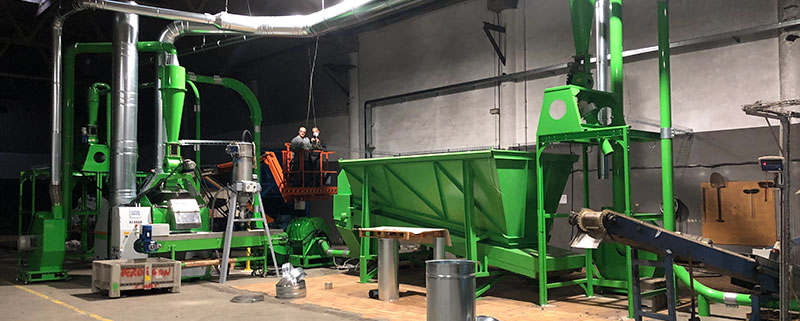

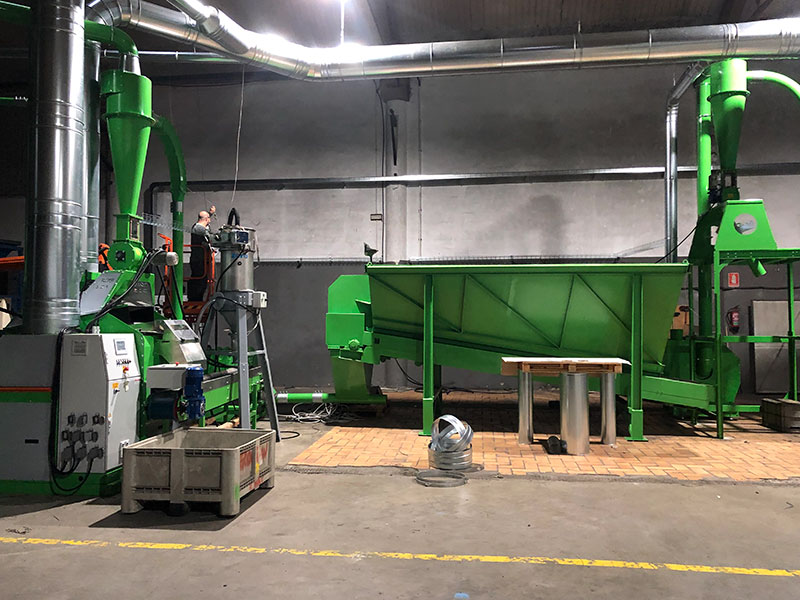
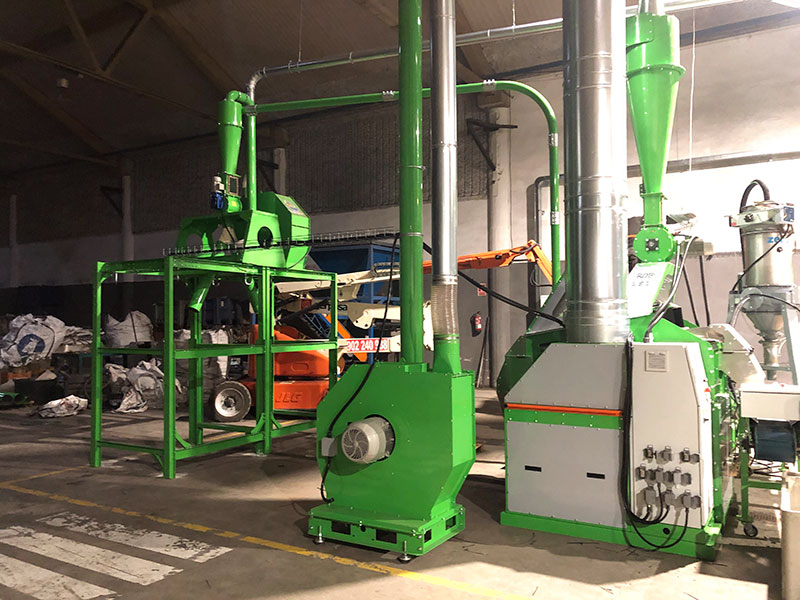










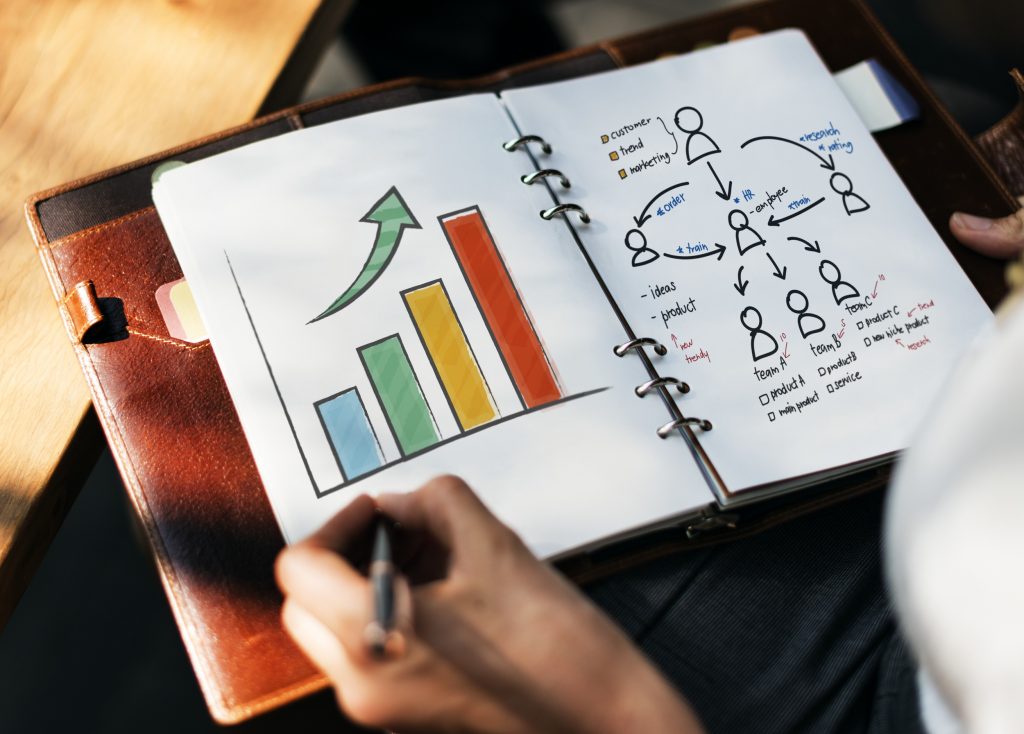
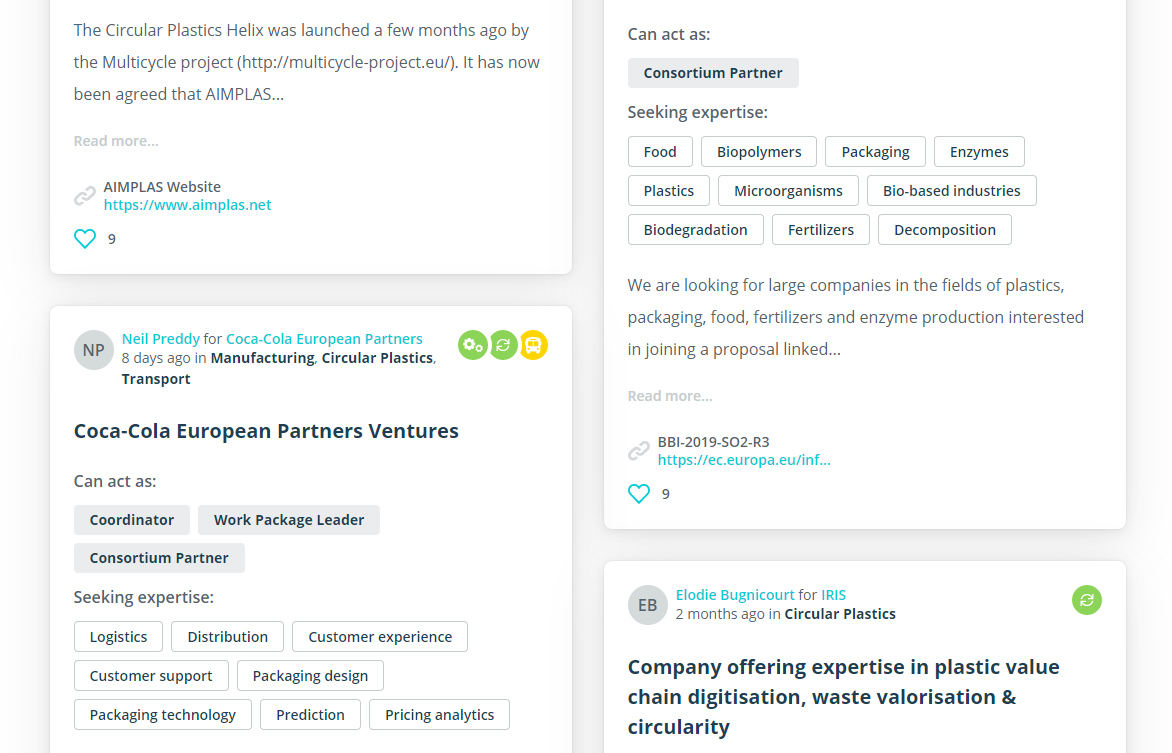
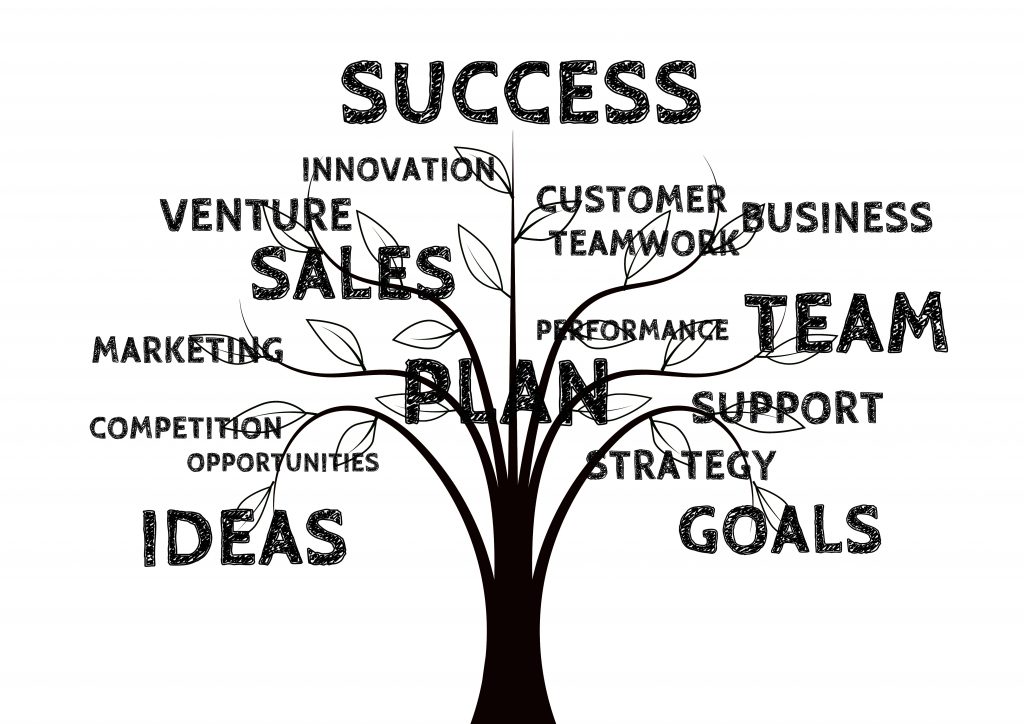 Oversight of innovation management, covering a wide range of IPR protection, business planning and exploitation activities, is being handled by
Oversight of innovation management, covering a wide range of IPR protection, business planning and exploitation activities, is being handled by 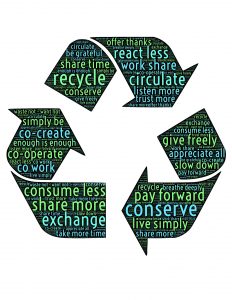 Led by specialists in the field at
Led by specialists in the field at 
